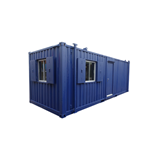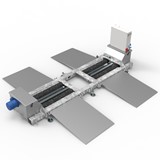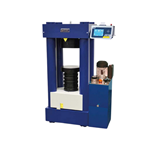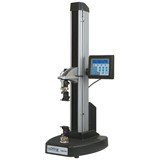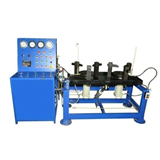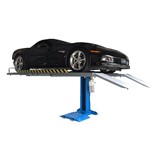The Single Layer Capacitor (SLC) is a small conductor of energy inside electronic devices. Its main benefit is its thermo stability: it doesn't heat up as much as standard Multi-Layer Capacitors.
One of the project's key architects, the Research School of Chemistry's Dr Yun Liu says the SLC is a breakthrough for the electronics world.
"You don't have any electrical fatigue caused by internal electrodes," she said.
"And also our material has temperature stability, and a lower energy loss, which makes this single layer capacitor very competitive.
"It's also very easy to make. It's pretty much made of ceramics and you put in electrodes. It's very convenient, so it's a simple process."
Neil Radford, from the University's Technology Transfer Office, is in the process of pitching the school's product to as many companies as he can, including a world-leading manufacturer of ceramic capacitors.
Radford says if the SLC gains further backing, they could effectively tap into a market worth billions of dollars.
"We've got the lab results, we've done very low-level testing and that's pretty much been successful across the board. We now need to extend that testing, and incorporate the material into a real-world application."
Radford says there are some potential markets for automotive because of the thermal properties of the material, while it could also be used in space. But, for the time being it's all about the small domestic devices such as the telephone, smartphone and tablet PC.
All going well, Radford says the product could be in the market within two years.



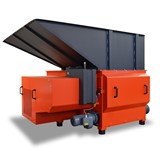




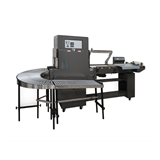


-160x160-state_article-rel-cat.png)

-160x160-state_article-rel-cat.png)


